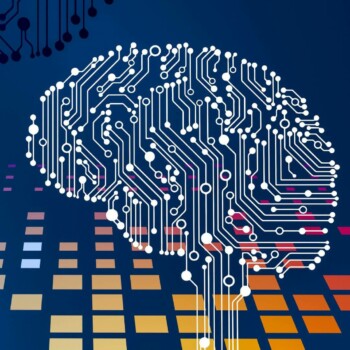Our platform has launched two new vocabulary courses. The PowerWords! series now includes Arabic and Hebrew. Both courses allow you to learn vocabulary and expressions, their contexts of use, and pronunciation, deepening your understanding of these languages. What else will you find in the courses from this series? Learn more from this article.
What characterizes the PowerWords courses?
The PowerWords! courses are distinguished by an innovative approach to vocabulary learning, based on proven educational methods and the latest technological achievements. Our courses are designed for maximum effectiveness and efficiency in learning, while keeping the learning process enjoyable. The courses in this series cover levels from A1 to C1, allowing everyone to find something for themselves and significantly expand their vocabulary knowledge.
In the PowerWords! courses, each word or expression is presented with a definition, part of speech, usage examples, synonyms and antonyms. Words spoken by native speakers can be listened to, and you can record your answer to practice proper pronunciation.
Read more about learning with PowerWords courses!
Arabic language
As one of the most widely used languages in the world, Arabic has a rich history and culture. It is the language of the Quran and Arabic literature, whose influence on global culture and science is immense. Arabic is the official language in over 20 countries, stretching from Morocco in the west to Oman in the east.
Contemporary Arabic has many regional variants, but standard Arabic plays a key role and is the official language in most Arab countries. Arabs, as an Arabic-speaking population, have a rich literary tradition that dates back thousands of years. Arabic calligraphy is recognized as one of the most beautiful forms of written art in the world.
Start learning Arabic.
Hebrew language
The Hebrew language, with roots reaching back millennia, plays a crucial role both in religion and in the culture of Israel. Its history dates back to ancient times when it was the Biblical language used to write the Old Testament. Today, Hebrew is the official language of Israel and one of the official languages of the UN. It is also the liturgical language in Judaism. Beyond its religious significance, Hebrew is also the everyday language for millions of Israelis and Jews around the world. The modern variant of Hebrew, known as Modern Hebrew, has been developing since the late 19th century and is used in literature, media, administration, and everyday life.
Learn Hebrew language.



